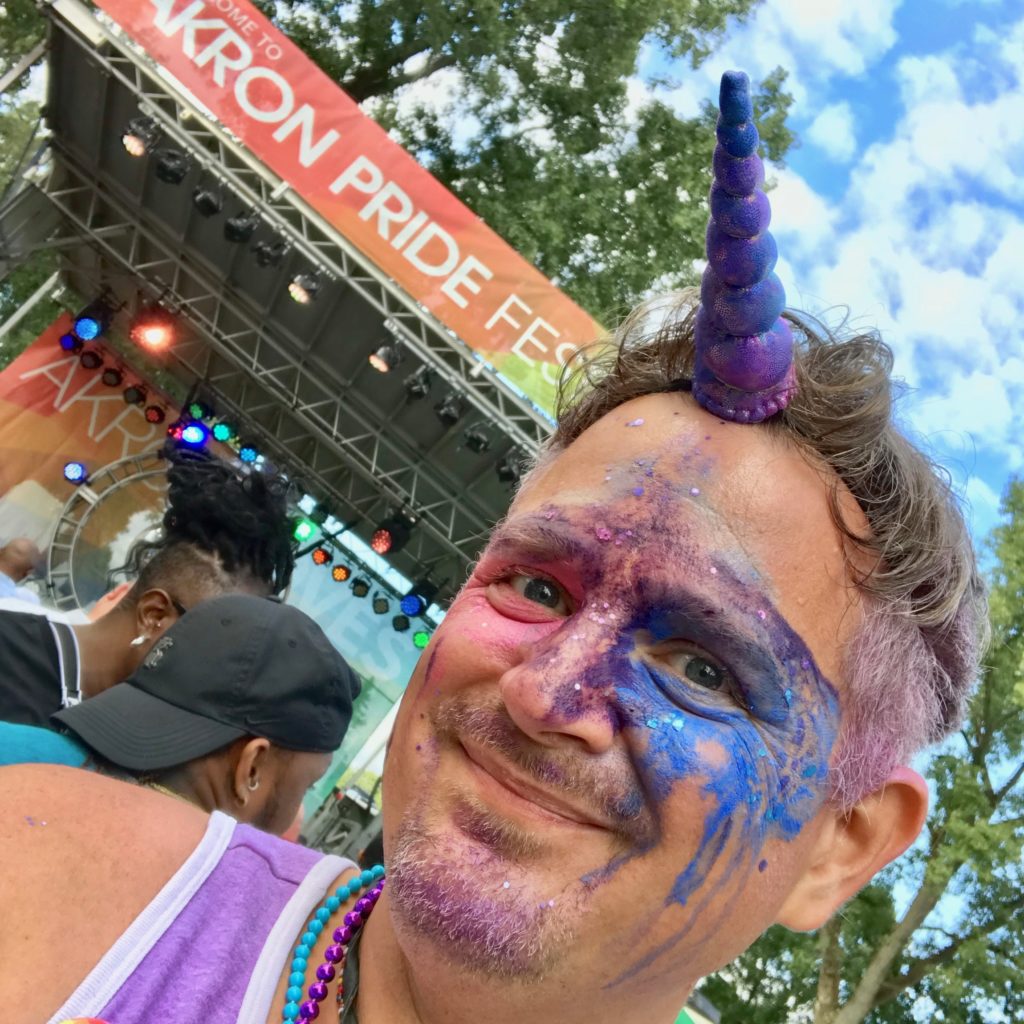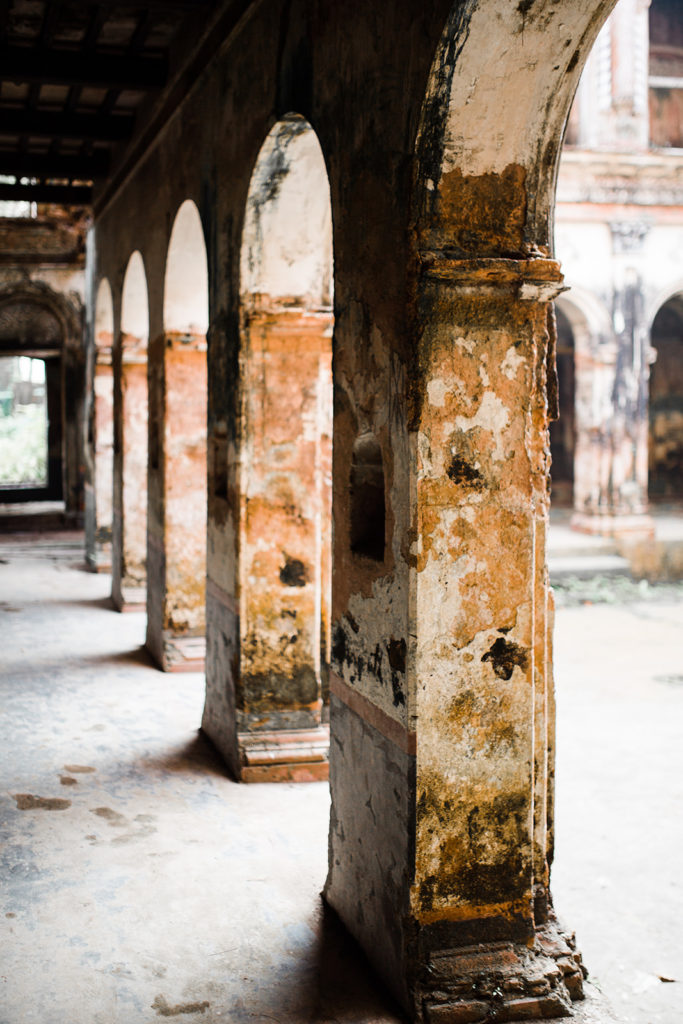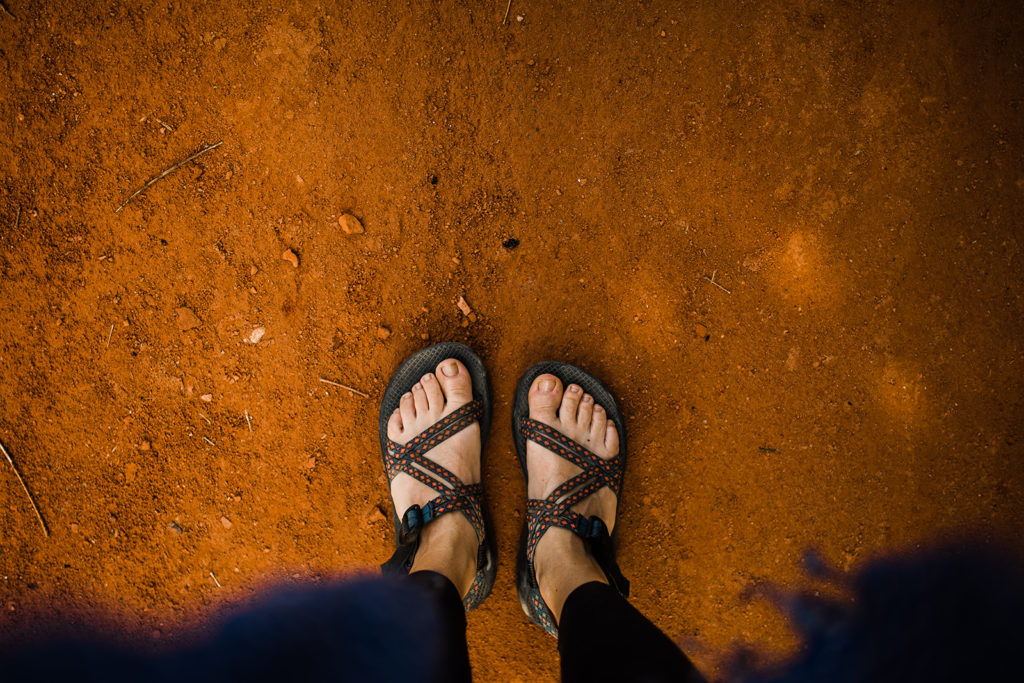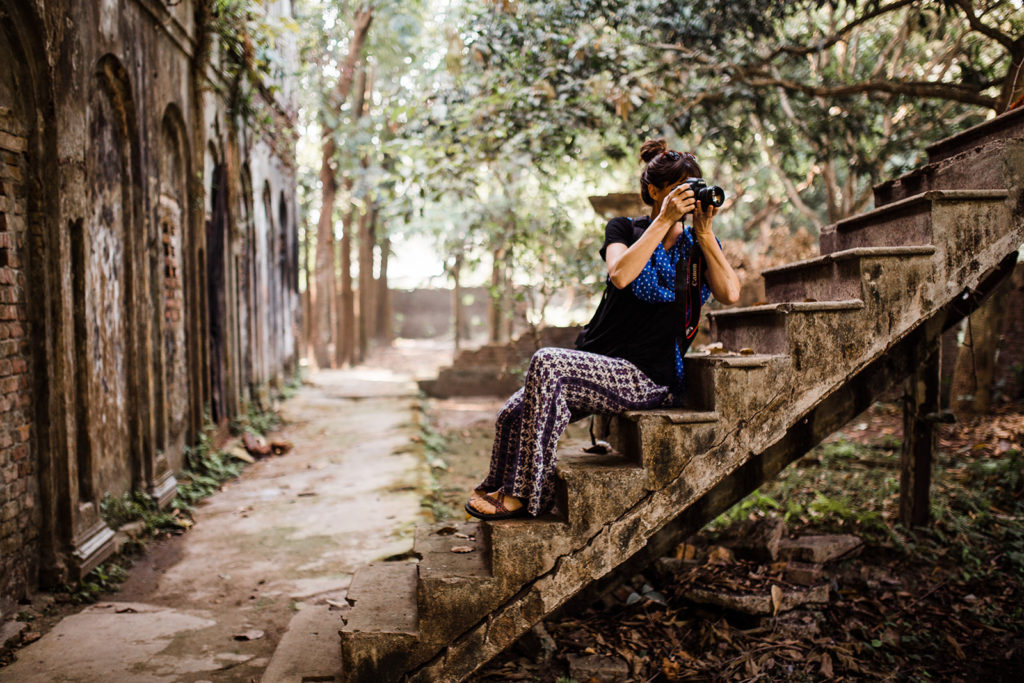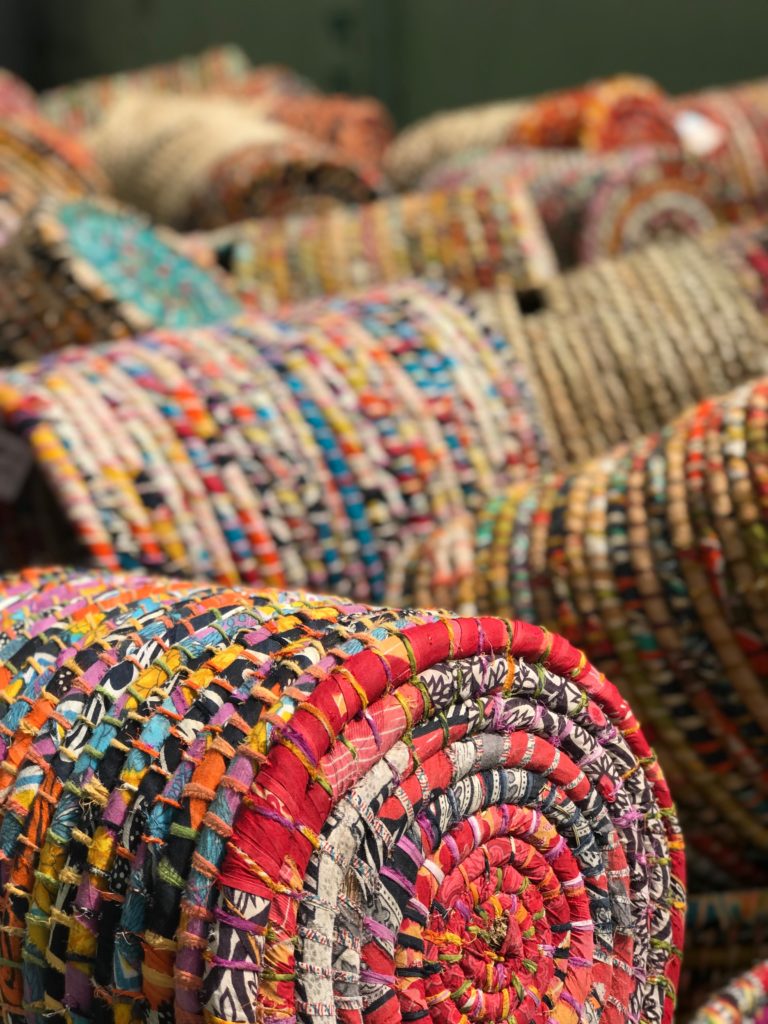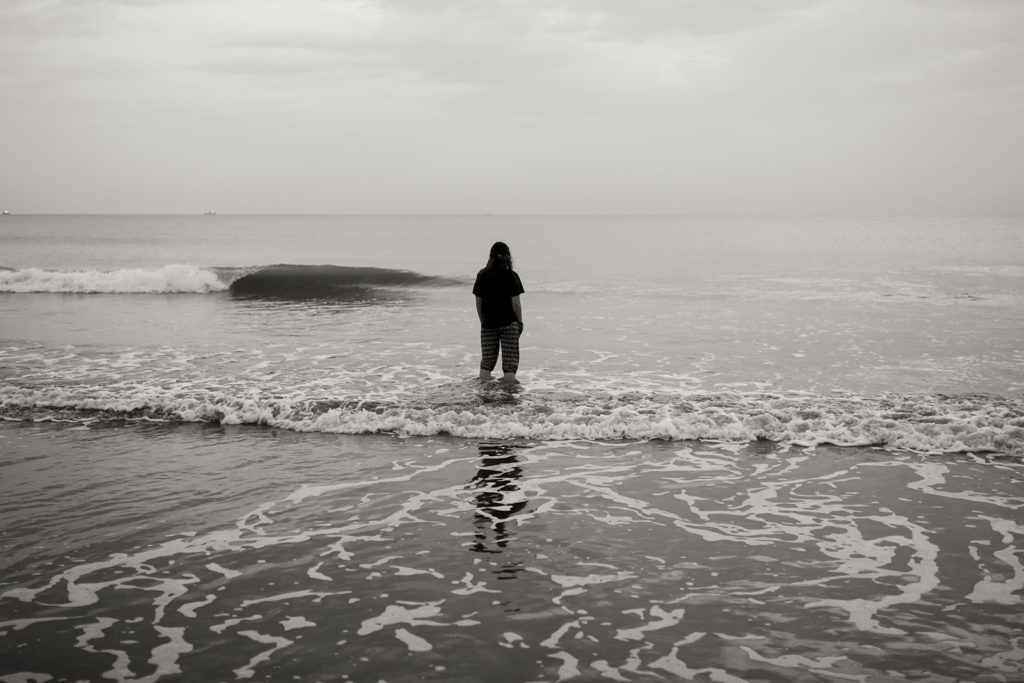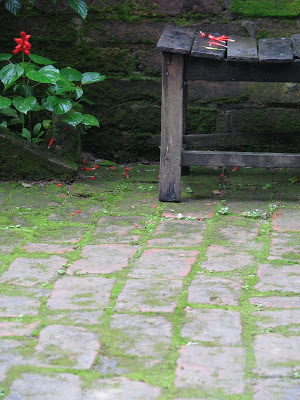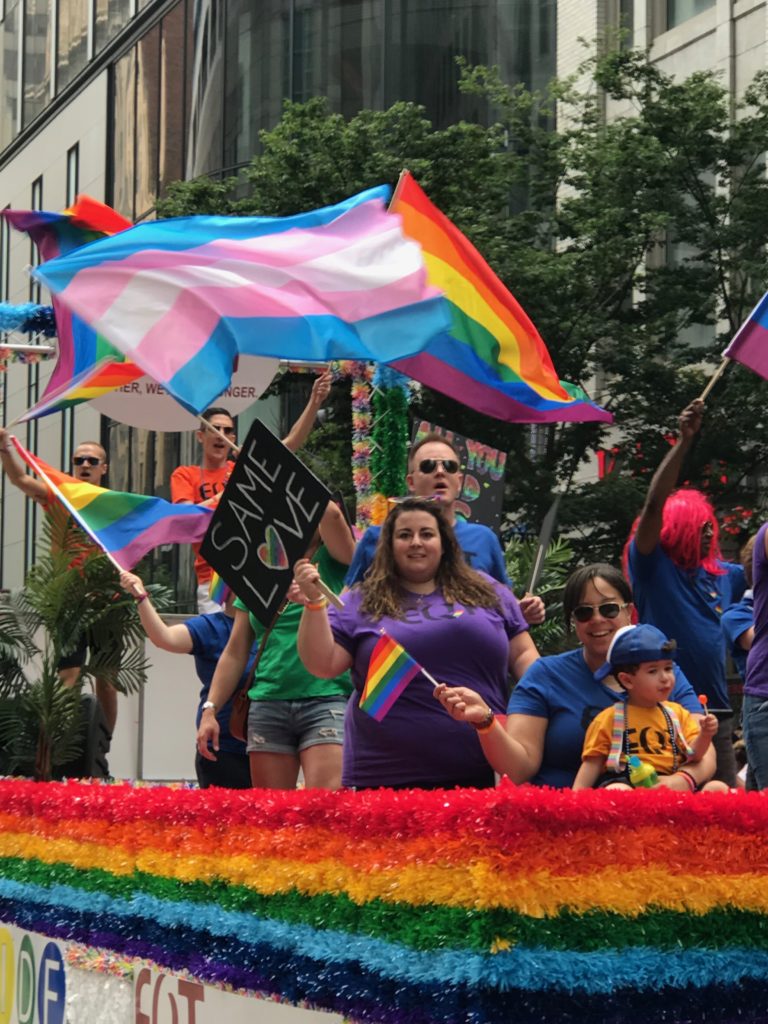
We were in God’s womb before we were in our mother’s.
Crafted by unique design, out of a universe of possibilities, we were first birthed in a magical place. Our DNA, physical features, orientation, likes and dislikes, the things that make us fierce and the things that tender us, were all brought together in the kiss of the Divine. Not a mistake nor an accident. While flaming stars danced across the night sky, our pronouns were whispered over us and our authentic self was called into being.
And then we born, and the world gave us its definition of who we are and how to live. Family customs, religious traditions, cultural norms, and expectations showed us the proper way to be. Most of us were taught to be normal instead of authentic and most of us have, sadly, been okay with this. We have forgotten our authentic self.
Naming is sacred
In my last post, I talked about naming and how helpful it was when my husband finally had the language to identify as bisexual. After decades of feeling like a misfit who did not belong anywhere, this gave him a sense of solidity and belongingness. His naming helped me to understand him better as well. We both benefited immensely when he began to embrace and live out of his authentic self.
While I have spent hours unpacking what bisexual means, I think it is important to note that this naming is so important for all queer people. Not only is naming personal, it is sacred.
Each person in the LGBTQ+ community has a name that describes their authentic self in terms of orientation or gender. Lesbian. Gay. Bisexual. Transgender. Queer. Asexual. Gender fluid. Pansexual, The list goes on. For a comprehensive list of names and definitions, click here. Those who are out of the closet have chosen a name that serves to give meaning and shape to the mystery of who they are. These terms are far from being restrictive, rather they give us the language to begin to understand our queer brothers and sisters.
Name Changing
Some have changed their given name as well. Those who identify as gender fluid, for instance, may have changed their name to something that is gender neutral. Transgender people often change their name as well. This is a sacred journey because they have heard whispers of authenticity and are now speaking aloud their authentic self. Rather than hiding behind a curtain of anonymity or pretending to be like everyone else, they are bravely remembering and revealing their authentic self.
I have friends who are parents of transgender children. I’ll be honest – I still sometimes catch myself calling them by their birth name and often the wrong pronoun slips off my tongue. I practice their new names in my head sometimes and there is something sacred about it. It’s bold and beautiful and such a lovely window into their soul, this new called-name that they have chosen. It shows me their strength and uniqueness and something of the fire in their soul.
When the soul remembers its authentic self and bravely shares that with the world, time pauses and the Divine holds its breath before breaking into applause.
My favorite TED Talk of all time was delivered by a transgender woman named Paula. Having spent time as both a man and a woman, she has a unique perspective on what it is like to be a woman. It is brilliant and moving and so good that I made my 3 boys sit down and watch it with me. I think every male in the country needs to watch it. When she gets to the part about her father calling her by her new name for the first time, I cry. Every time.
Paula.
Naming is sacred. When the soul remembers its authentic self and bravely shares that with the world, time pauses and the Divine holds its breath before breaking into applause.
Changing the narrative
Who are we to try and hush the voices bravely telling us who they are? As straight cisgender people, we have no idea what we are talking about when we downplay this need they have for naming their identity.
Whenever the majority decides the narrative for the minority, discrimination and injustice ensue.
The truth of the matter is – as cisgender heterosexuals, the world revolves around our identity so firmly that we never need to call it forth. It’s just there, built into the founding walls and documents of our country. Be it tax forms or restroom doors, we don’t have to even think about it. Straight cisgender is such a normal identity that we forget it’s there.
Whenever the majority decides the narrative for the minority, discrimination and injustice ensue.
It’s time to listen. We could learn so much from those whose voices we have shushed. Those who have heard and honored the call to authenticity are extraordinarily brave. In a world where too many of us are faking some kind of normal, the queer are blazing a trail.
Authenticity is the new beautiful.
